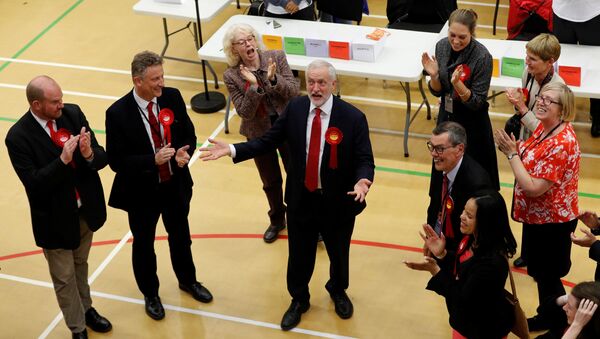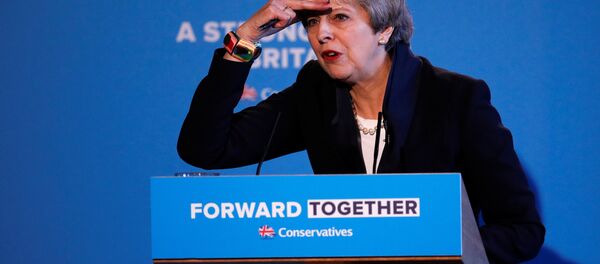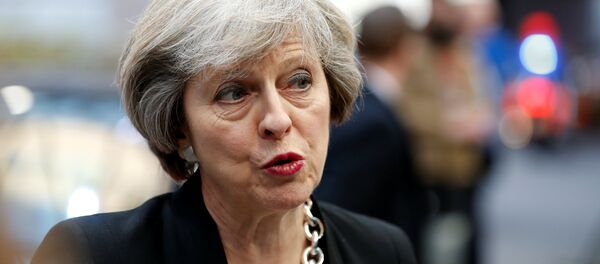Having been 24 percentage points behind in the opinion polls at the start of the election, he managed to close the gap to single figures in the days before the election, June 8.
He said the night's events had "changed the face of British politics" as he left his constituency to call a meeting of his shadow cabinet to discuss the plan ahead.
"The prime minister called this election because she wanted a mandate. Well the mandate she's got is lost Conservative seats, lost votes, lost support and lost confidence. I would have thought that's enough to go, actually, and make way for a government that will be truly representative of all of the people of this country," he said.
However, among the whole party membership — card carrying Labour supporters — he gained a significant following, buoyed by the left-wing Momentum group, who made copious use of social media to bring him added backing.
In June 2016, he lost a vote of confidence by Labour Party MPs by 172-40, although he went on to survive a leadership challenge, September 2016, based on all Labour Party supporters.
Whatever the final result, our positive campaign has changed politics for the better. pic.twitter.com/EHLta2rnIW
— Jeremy Corbyn (@jeremycorbyn) 9 June 2017
However, he came to the fore in the run-up to the 2017 election, June 8, gaining grassroots support among labour voters and a huge boost from young voters, many of whom backed his manifesto pledge to abolish university tuition fees, roll back on austerity, boost the police and prioritize the National Health Service.
He also gained ground by taking part in an all-party TV debate, which UK Prime Minister Theresa May refused to do. He is now the leader of a party which has won through in the 2017 election, although it has not won an overall majority, but he still has to face down critics within his own party who gave him no chance going into it.




